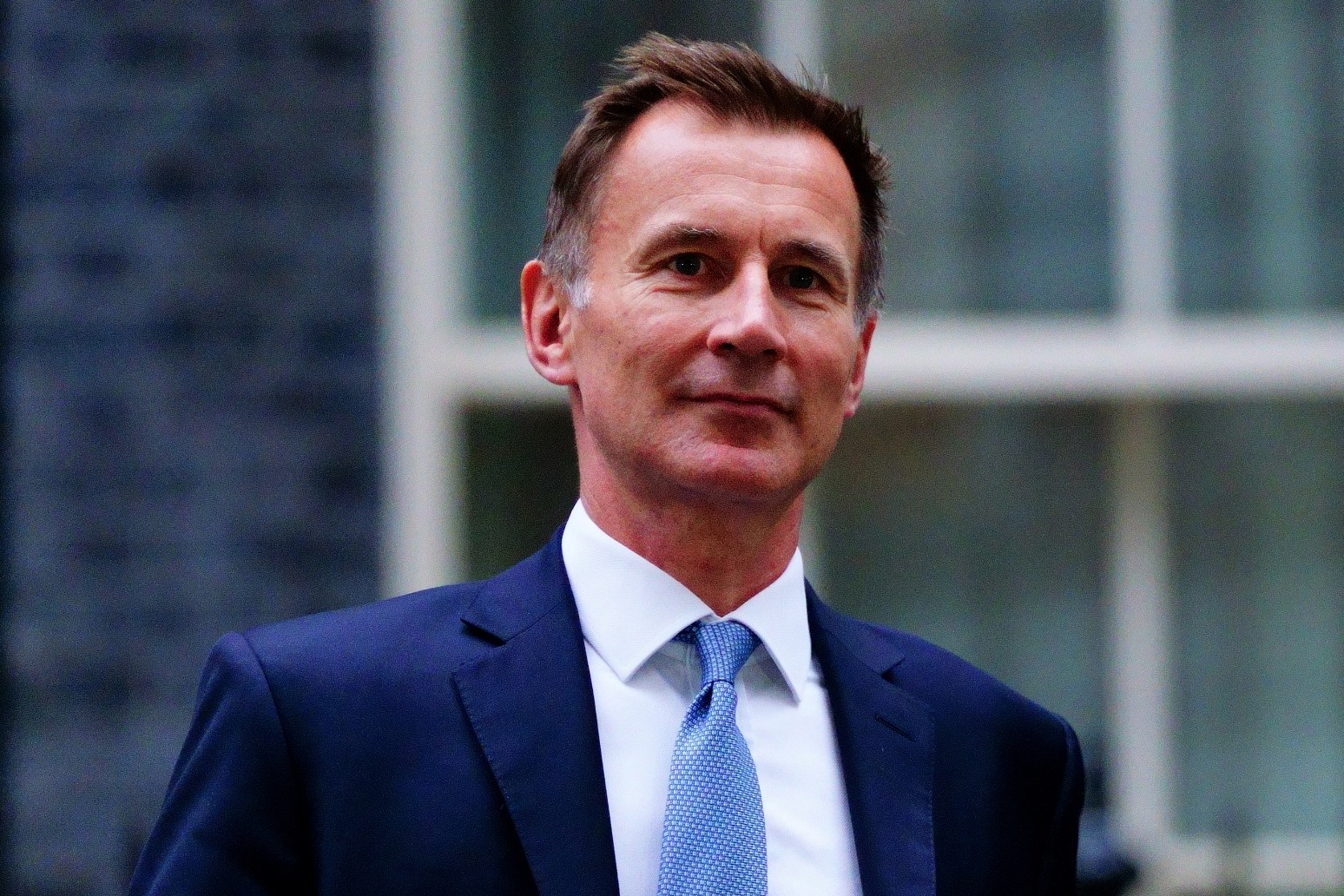No fat to cut from public services warns new report
Written by First Choice Radio on 17 October 2022

Experts have warned that there is no real “fat” for new Chancellor Jeremy Hunt to cut as he seeks savings ahead of the fiscal plan later this month.
The new Chancellor, who stepped into the role after Kwasi Kwarteng wa forced out on Friday after weeks of chaos following his mini-budget, has made little secret of the fact that taxes could rise and spending cuts may be called for to restore market confidence in the UK.
But he steps into the role amid fresh warnings about a “lost decade” for public services.
A new report, published by the Institute for Government and the Chartered Institute of Public Finance and Accountancy, warns that Mr Hunt could find very little to trim from budgets that will not have further detrimental impacts on public services.
The report, which warns of a “crisis” in some areas, analyses the spending, staffing, activities and performance of nine separate public services.
The annual stocktake found that the performance of public services will not have returned to pre-pandemic levels by the time of the next election in around two years.
It also reveals that the projected 3.4% per year average increase in budgets, set out in the 2021 spending review, has effectively fallen to 1.5% due to inflation and increased pay awards.
That figure could be worse still, the report warns, due to the rising cost of energy.
According to the report, that is unlikely to be enough to meet growing demands and to address the post-Covid issues facing many services.
Nick Davies, programme director at the Institute for Government, said: “Public services are in a fragile state with little prospect of improvement before the next election.
“These are not isolated problems in specific services, but interconnected structural failures.
“In many cases, there are too few staff, with excessive workloads, working on outdated equipment, in rundown buildings.
“The pandemic exacerbated these problems but they are not new. This has been a lost decade for public services, with performance worse now than it was in 2010.”
The 200-page report, tracking public services in the wake of the Covid-19 pandemic, found that a record seven million people were waiting for elective treatment at the end of the summer, while in the Crown Court the backlog reached 59,700 in June – higher than at any point since at least 2000.
Elsewhere, the report also found that hospital spending is not enough to deal with pandemic backlogs, while spending on local government is “no longer sufficient” to meet the demand for adult social care, children’s social care and neighbourhood services.
The report also noted that the NHS wage bill will increase by £2 billion over the next year, of which officials there will have to find from existing budgets.
Jeffrey Matsu, chief economist at the Chartered Institute of Public Finance and Accountancy, warned that “services simply do not have the funding they need to get them back to pre-pandemic performance levels”.
“Understanding the current state of our public services is vital if we are to find long-term and sustainable solutions. Transparency, accountability and good public financial management will be key,” he said.
Labour’s Pat McFadden accused the Tories of failing the nation’s public services.
“For 12 years the Tories have failed our public services, leaving us with backlogs in vital services and a crisis in staff recruitment and retention,” the shadow chief secretary to the Treasury said.
“They’ve now crashed the economy with their kamikaze budget and have no plan to fix the damage.”
Published: by Radio NewsHub






